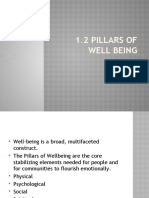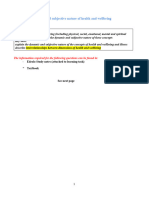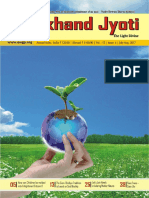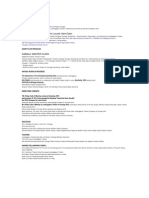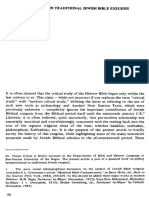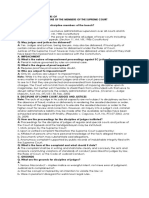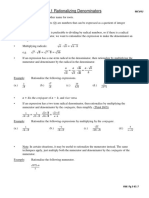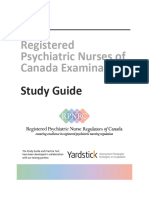0% found this document useful (0 votes)
17 views8 pagesWell-Being Course Syllabus (Update)
The Myanmar Institute of Theology offers a Well-being course for the 2023-2024 academic year aimed at enhancing students' mental, emotional, social, spiritual, and physical well-being. The course includes assessments such as attendance, reflection papers, discussions, and group presentations, alongside weekly reading assignments. Selected lecture topics cover various aspects of well-being, including physical health, emotional stability, family relationships, and social support.
Uploaded by
Khantkatae khinCopyright
© © All Rights Reserved
We take content rights seriously. If you suspect this is your content, claim it here.
Available Formats
Download as DOCX, PDF, TXT or read online on Scribd
0% found this document useful (0 votes)
17 views8 pagesWell-Being Course Syllabus (Update)
The Myanmar Institute of Theology offers a Well-being course for the 2023-2024 academic year aimed at enhancing students' mental, emotional, social, spiritual, and physical well-being. The course includes assessments such as attendance, reflection papers, discussions, and group presentations, alongside weekly reading assignments. Selected lecture topics cover various aspects of well-being, including physical health, emotional stability, family relationships, and social support.
Uploaded by
Khantkatae khinCopyright
© © All Rights Reserved
We take content rights seriously. If you suspect this is your content, claim it here.
Available Formats
Download as DOCX, PDF, TXT or read online on Scribd
/ 8

